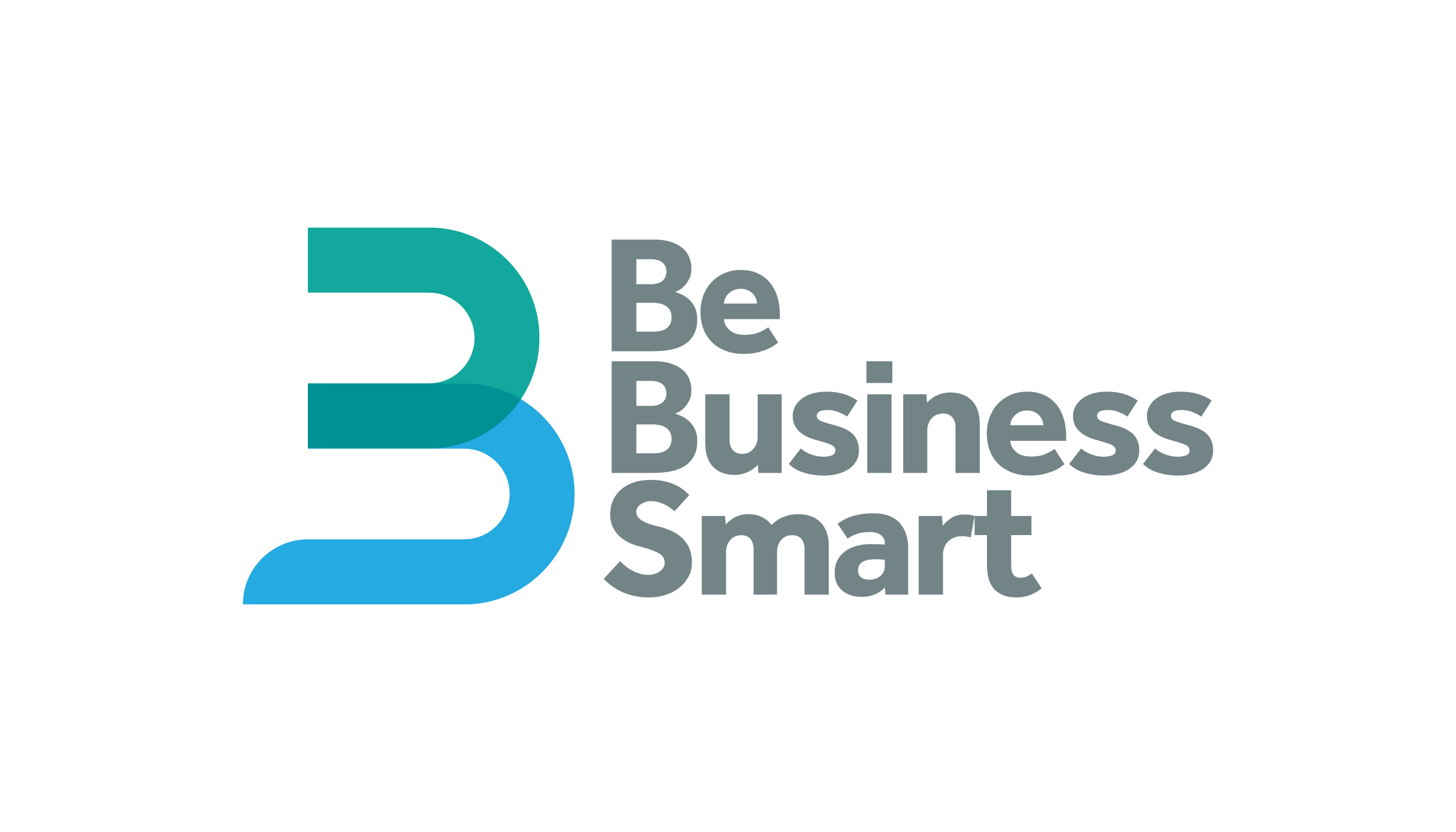How much of my personal story should I share in professional posts?
Sharing personal stories in professional posts builds trust and connection by revealing your authentic self, making your brand more relatable and memorable to your audience.
Sharing your personal journey in your professional content can truly connect you with your audience. It builds trust and shows the real you. But it's a careful dance to share enough to be authentic without losing your professional edge. This guide will help you find that sweet spot.
Introduction
When you create content for your business, it's easy to just share facts and figures. But people connect with people, not just data. That's why using Personal Story Professional Posts can make a huge difference. It's about weaving your own experiences into your business message.
This approach helps you create Authentic content that stands out. It's a powerful form of Professional storytelling that builds your Brand narrative. The goal is to share parts of your journey that help others understand your business better. Finding the right balance means you stay credible while still being relatable.
Why This Matters
Sharing your personal journey in professional posts matters because it builds genuine connection and trust with your audience. It shows your human side, making your brand more relatable and memorable. This approach helps people see the person behind the business.
Short Answer Sharing personal stories in professional posts builds trust and connection by revealing your authentic self, making your brand more relatable and memorable to your audience.
This is key for Trust marketing. When people trust you, they are more likely to do business with you. It's about building Trust in business by showing who you really are. For Entrepreneurship content and Solopreneurship branding, this personal touch is vital. It helps you stand out in a crowded market. Building trust online starts with being real.
Step-by-Step (Action Steps)
Step 1: Define Your Purpose and Audience
Before you share any story, think about why you're sharing it. What message do you want to convey? Also, consider who your audience is and what they need to hear. Your story should serve a clear business purpose and resonate with them.
Step 2: Identify Relevant Personal Experiences
Look back at your life and career for moments that taught you something important. These could be challenges you overcame or insights you gained. Choose experiences that directly relate to your business or the lessons you want to share.
Step 3: Craft Your Narrative with a Business Lesson
Every personal story you share professionally needs a clear takeaway. How did this experience shape your business philosophy or product? Make sure the story leads to a valuable lesson or insight for your audience. This turns an anecdote into a powerful piece of professional storytelling.
Step 4: Determine the Level of Vulnerability
Decide how much of your personal journey you are comfortable sharing. Vulnerability in business can be powerful, but it needs to be intentional. Share enough to be authentic, but avoid oversharing details that don't serve your business message or might make your audience uncomfortable.
Step 5: Review for Professionalism and Impact
Before you hit publish, read your post with fresh eyes. Does it still sound professional? Does it clearly convey your intended message and lesson? Ensure the story enhances your personal branding strategy and leaves a positive, impactful impression.
Examples / Case Study
Here are five ways to use personal stories in your professional posts, each with a proof cue to show its impact. These examples demonstrate how sharing personal experiences in professional content can be effective.
1) Origin Story This is how you started your business or career journey. It explains your "why." For example, you might share how a personal struggle led you to create your solution. This helps answer "Should I share my origin story in business?"
Proof Cue: "After struggling to find reliable childcare for my own kids, I launched 'Little Learners' in 2018. Our first year saw a 300% increase in enrollments, proving the need was real." (Metric)
2) Behind-the-Scenes Show a glimpse of your daily work, your process, or the challenges you face. This builds content authenticity and makes your work more tangible. It's about showing the effort that goes into your product or service.
Proof Cue: "Here's a peek at my messy desk after a late night perfecting our new course module. It's not always glamorous, but the dedication ensures quality for you." (Screenshot of a workspace)
3) Mistake → Lesson Share a time you made a mistake and what you learned from it. This shows humility and wisdom. It's a great way to address "When to share personal struggles in business posts." People appreciate honesty and growth.
Proof Cue: "Early in my career, I once took on too many clients and burned out. That experience taught me the importance of setting boundaries and valuing my time. Now, I teach my clients a 3-step checklist for sustainable growth." (Checklist)
4) Customer Spotlight While focused on a customer, you can weave in your personal connection to their success. How did their journey inspire you? This highlights the human impact of your work.
Proof Cue: "Meeting Sarah, who used our budgeting tool to pay off her debt, reminded me why I started this company. Her quote, 'Your tool changed my life,' is why I do what I do." (Customer Quote)
5) Belief Statement Share a core belief that drives your business, rooted in a personal experience. This helps define your brand narrative and connects with those who share similar values. It's about what you stand for.
Proof Cue: "I believe true success comes from serving others, a lesson I learned volunteering at a local shelter. This belief is at the heart of every service we offer." (Personal Photo of volunteering)
Common Mistakes to Avoid
When crafting Personal Story Professional Posts, it's easy to stumble. One common mistake is oversharing. You might share too many details that aren't relevant to your business message. Remember, the goal is to connect, not to air all your personal laundry. Balancing personal and professional in content is key.
Another pitfall is sharing a story without a clear business lesson. If your anecdote doesn't lead to a takeaway for your audience, it's just a story, not a professional post. Make sure there's a bridge from your experience to their benefit. Also, avoid making the story all about you. It should always circle back to how it helps or inspires your audience. This helps avoid the risks of sharing too much personal information professionally.
FAQs
Is it okay to share personal life on professional social media? Yes, it is okay to share aspects of your personal life on professional social media, but with purpose. The goal is to build connection and trust, not just to share for sharing's sake. Ensure the personal detail adds value or illustrates a business lesson.
How do personal stories build trust in business? Personal stories build trust by showing your authenticity and vulnerability. When you share your journey, struggles, and lessons, people see you as a real person, not just a faceless brand. This human connection fosters empathy and makes your audience more likely to believe in what you offer, which is a core part of trust marketing.
What are the risks of sharing too much personal information professionally? Sharing too much personal information can lead to several risks. It might make you seem unprofessional, distract from your business message, or even make your audience uncomfortable. It's crucial to maintain boundaries and ensure your shared stories always serve a strategic purpose.
How can I make my professional posts more authentic? To make your professional posts more authentic, focus on sharing your true voice and experiences. Don't try to be someone you're not. Be honest about your journey, including challenges and lessons learned. This genuine approach resonates deeply with your audience.
What kind of personal stories are appropriate for business? Appropriate personal stories for business are those that illustrate a lesson, highlight your values, or explain your "why." They should be relevant to your industry or the problems you solve. Think about stories that showcase your expertise, resilience, or the human side of your brand.
Conclusion & Next Steps
Using Personal Story Professional Posts is a powerful way to connect with your audience. It's about sharing your authentic self in a way that builds trust and strengthens your brand. Remember to always have a clear purpose and a valuable lesson in mind.
Start by reflecting on your own journey. What experiences have shaped you and your business? Choose one small story to share this week. See how your audience responds. The more you practice, the better you'll become at this vital form of content authenticity.

